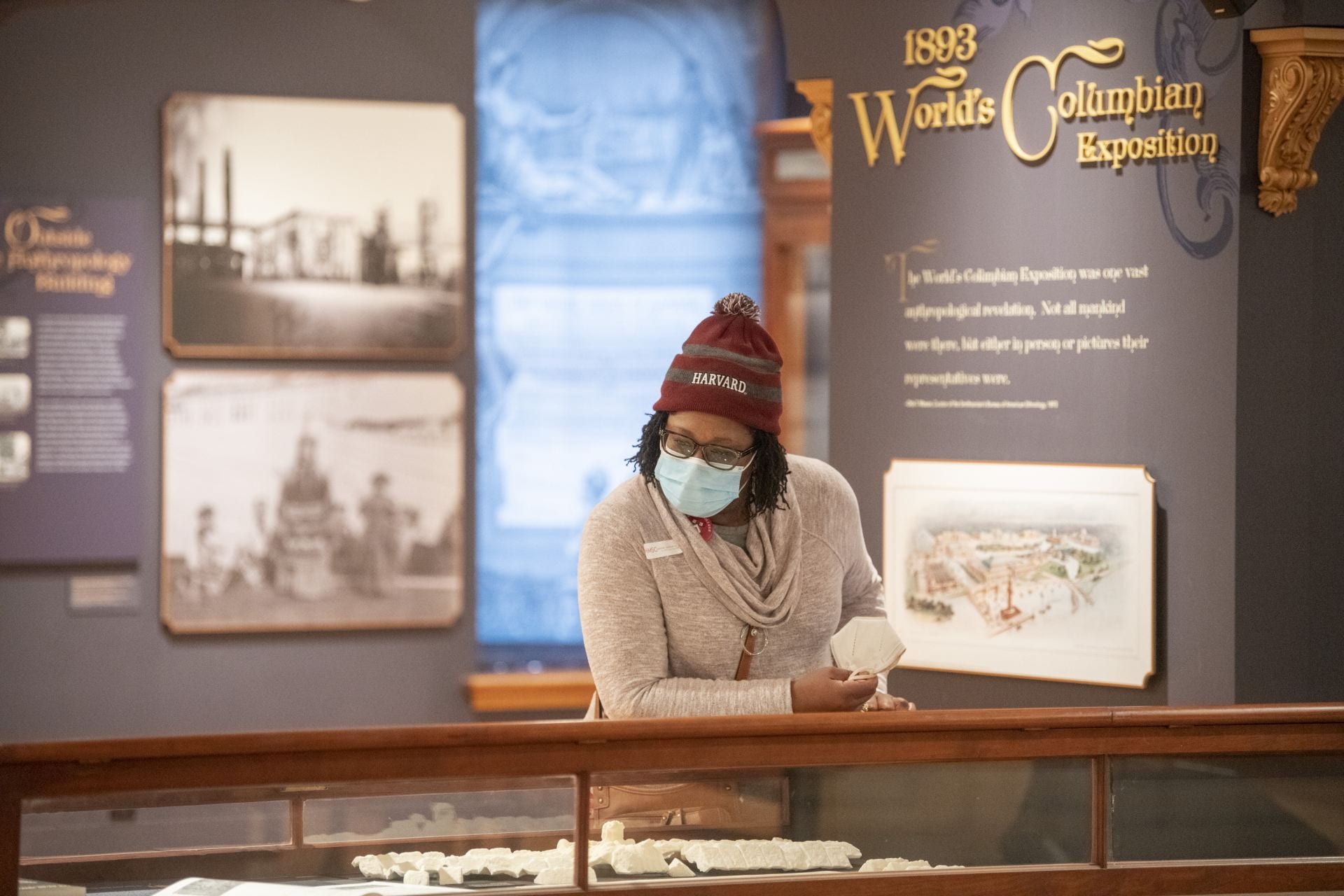October 10, 2019
Barbara Schaal, Mary-Dell Chilton Distinguished Professor of Biology and Dean of the Faculty of Arts & Sciences, Washington University in St. Louis
As the earliest farmers began to select wild plants and animals that had desirable traits, they initiated a series of genetic changes in these species that gradually made them more suitable for agriculture. Plants became easier to grow, had greater yields, and were of higher quality. Animal species exhibited favorable changes in behavior, coat color, and reproductive traits. Barbara Schaal will discuss how the artificial selection of these species—a pivotal technological achievement—has influenced their genetics, evolution, and capacity to flourish in the care of humans.
About the Speaker
Barbara Schaal is a nationally recognized plant evolutionary biologist. She uses DNA sequences to understand evolutionary processes such as gene flow, geographical differentiation, and the domestication of crop species. Schaal was among the first plant scientists to use molecular biology-based approaches to understand evolutionary processes in plants, and she has worked to advance understanding of plant molecular systematics and population genetics. Schaal has been president of the Botanical Society of America, the Society for the Study of Evolution, and the American Association for the Advancement of Science. She is an elected member of the American Academy of Arts and Sciences and the U.S. National Academy of Sciences, where she served as vice president for eight years. She was appointed as a U.S. science envoy by former secretary of state Hillary Clinton. Schaal has served as chair of the Division on Earth and Life Studies at the National Research Council and was a member of former president Obama’s Council of Advisors for Science and Technology from 2009–2017.
